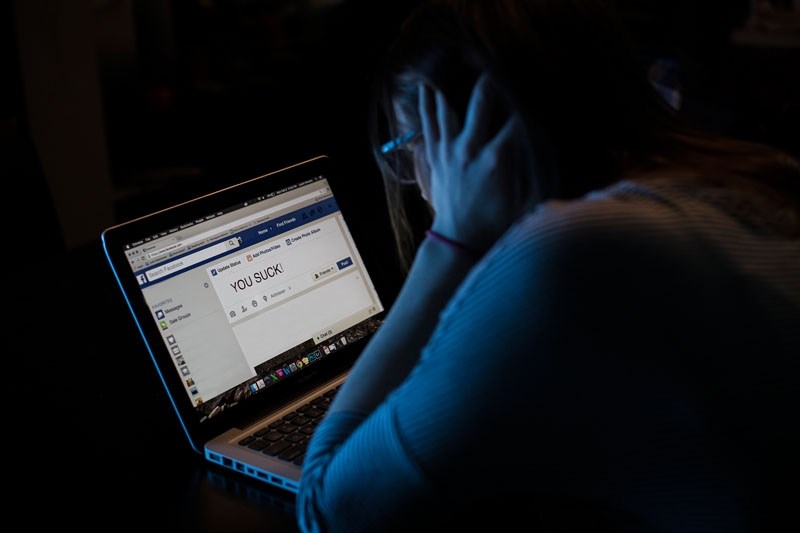Teachers need to do more to educate their students about the health risks of social media abuse, says a local mental health advocate.
St. Albert teachers joined thousands of others last week at the Shaw Conference Centre in Edmonton for the 2016 North Central Teachers' Convention – a place where teachers learn the latest in educational skills.
In addition to sessions on literacy and a science show by Paul Kane chemistry teacher Michael Ng, and Wade Sorochan, Edmonton broadcaster and mental health advocate, hosted two talks on social media, mental illness, and sleep deprivation in youth.
Social media can help kids meet new friends, rally to causes and share opinions with others, Sorochan said. But it can also harm their health.
A 2013 study by Germany's Humboldt University found that people felt worse about their lives after using Facebook because they felt envious of all the friends and cool vacations their peers seemed to have, for example.
"Young people do feel anxious and can have their self-esteem affected when they don't get enough likes or comments on that so-called perfect selfie," Sorochan said.
Many schools have informal "100 clubs" where students compete to see who can draw 100 likes with a post, he continued. Getting those likes can become a fixation, causing depression and anxiety when they're not received.
Likes and followers are a big deal to many students, says St. Albert high-schooler Victoria Dunkley, who is a member of the Building Assets and Memories (BAM) for Youth team.
"Everyone is thinking about popularity and being in the in-crowd," she said, and when you don't get the likes you think you should, it can lead to depression.
"Your self-worth isn't there. 'They didn't like me enough because I posted this Instagram photo."
Too many likes can also be a problem, she continued. Girls can be targets for criticism, for example, if they have a lot of male followers.
"I know a lot of people who are relatively well-known for their Instagram or their Twitter or what have you, and they don't want that ... It comes with a lot of stress and anxiety, and all this drama. They get negative impressions of themselves."
Social media also leads to lost sleep when students take their smartphones to bed with them, Sorochan said.
The National Sleep Foundation has found that 61 per cent of young people aged 13 to 18 get fewer than the recommended eight hours of sleep per night, with 56 per cent texting in the hour before they sleep almost every night. The foundation also found that texting in that hour appeared to be related to not getting enough sleep.
Other studies have noted sprained muscles, strained eyes, and "text-neck" as physical consequences of excess social media use, Sorochan said.
Breaking the habit
If a student is spending eight or more hours a day on social media, constantly seeks ways to gain more followers, and feels anxious when they don't get them, they may have what some researchers have dubbed "social media anxiety disorder," Sorochan said. This can result in clingy behaviour, low self-esteem, and family issues.
Sorochan said many students don't even realize that social media is having an emotional effect on them. Parents and teachers need to explain this effect to them, and talk to them about the links between screen-time and sleep. They should also challenge them to come up with other ways to use their free time, such as reading or listening to music.
"Social media has control over the youth. They need to take that control back and have a balanced approach to it."
Dunkley said students who are feeling depressed or anxious due to social media have to have real offline conversations with people.
"It's about your actual feelings and how you felt because of what's been happening," she said, not how many likes you have or who did what at which party.
And they have to learn to be themselves online, she continued.
"People want to see yourself, not a portrait of yourself, of what they expect you to be."




